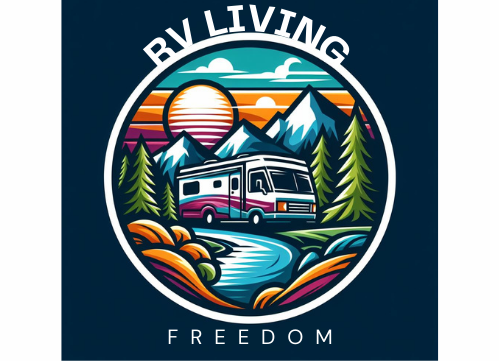Here’s something you might not think about every day: fire prevention for your RV. I’m going to walk you through why it’s so important, and it’s not just about following a few simple rules. We’re talking about keeping you and your loved ones safe so you can continue adventuring without worry.
Recognizing potential fire hazards in your RV isn’t about becoming paranoid; it’s about being prepared. From electrical systems to heating appliances, the complexity of an RV means there are multiple fire risks. With gasoline or diesel fuel, propane, paper products, and other flammable materials on board, the stakes are high.
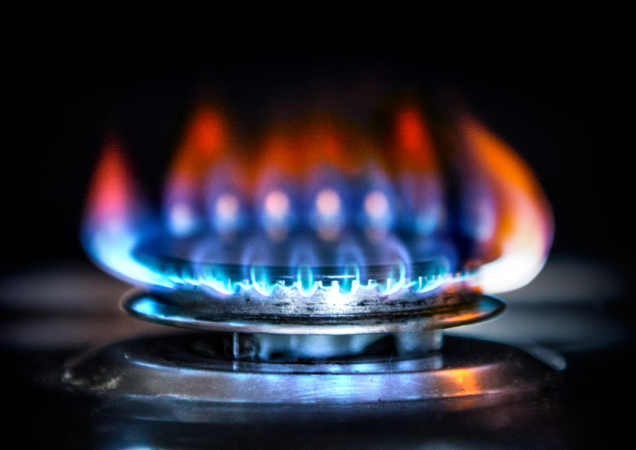
Regular maintenance and inspections are your best prevention against fire. I’m here to help you understand that neglecting routine checks on your RV’s engine, electrical system, and appliances can be a recipe for disaster. Checking for frayed wires, leaky gas lines, and ensuring proper ventilation can go a long way in preventing fires.
Now, I’ve seen people’s eyes glaze over when I mention an Escape Plan. But trust me, having a fire escape plan and practicing it isn’t just for schools or office buildings. Your RV is your traveling home when you’re on the road, and knowing pre-determined exits and escape routes can be a lifesaver in an emergency. Fire prevention is very crucial for your safety on the road.
You’re going to find out more as we move forward, including the specific tools and techniques that can amp up your RV’s fire safety. From installing smoke detectors and keeping the right fire extinguishers on board to the type of bedding and curtains you choose, there’s a lot within your control. Let’s make sure a fire never catches you off guard.
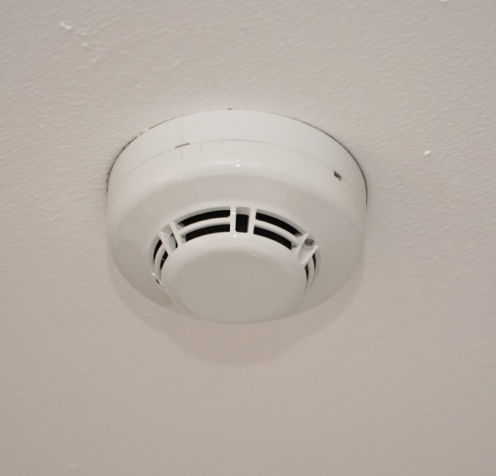
Proactive Fire Prevention: Tools and Techniques for a Safer RV Experience
Ensuring you have a fire-safe RV isn’t just about being cautious; it’s also about being proactive. There are a variety of fire prevention tools and techniques that can significantly reduce the risk of a fire breaking out in your recreational vehicle. I’m here to help you navigate these preventative measures to keep you and your loved ones safe on the road.
Cooking and heating are necessary, but they’re also the top contributors to RV fires. Always cook with care, never leave a hot stove unattended, and choose appliances that are designed for small spaces. If your RV comes equipped with heating devices, maintain them regularly and keep flammable materials at a safe distance.
In my opinion, the real MVPs of RV fire safety are smoke detectors, fire extinguishers, and fire blankets. Installing smoke detectors in living and sleeping areas is crucial for early fire detection. And don’t forget to check their batteries regularly! When it comes to fire extinguishers, you’ll want to have more than one and make sure they’re easily accessible. They should be suitable for Class A, B, and C fires, which covers most types of fires you could encounter in an RV. Not all extinguishers work for all fires, check your extinguisher to see what type of fire it is rated for.
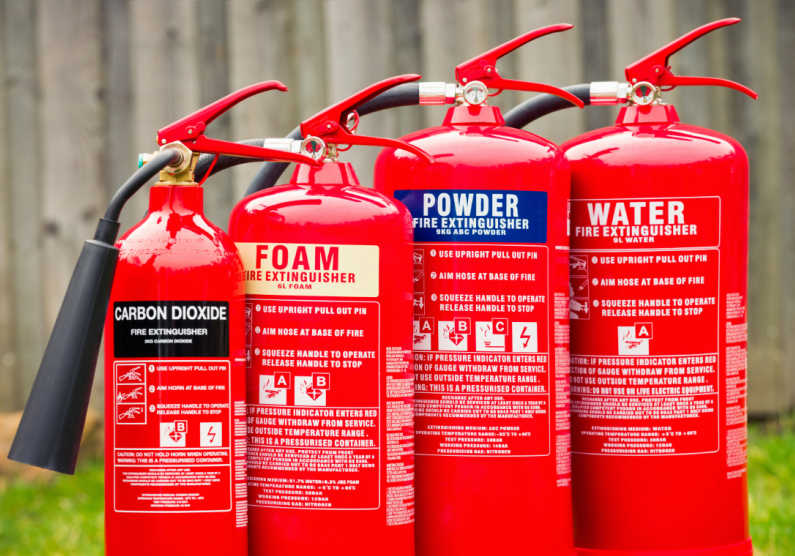
A lesser-known yet effective tool is a fire blanket. Designed to smother small fire outbreaks, it can be particularly useful for kitchen fires. Store one in a handy place, like a kitchen drawer or cabinet, for quick access in case of emergencies.
Another critical aspect is the installation of propane and carbon monoxide detectors. Propane leaks can quickly lead to fires, and carbon monoxide is a silent but deadly gas that’s especially a concern in small, enclosed spaces like an RV. These detectors can provide an early warning that may save lives. You can purchase a combination smoke and carbon monoxide detector also to save on the cost of buying two detectors.
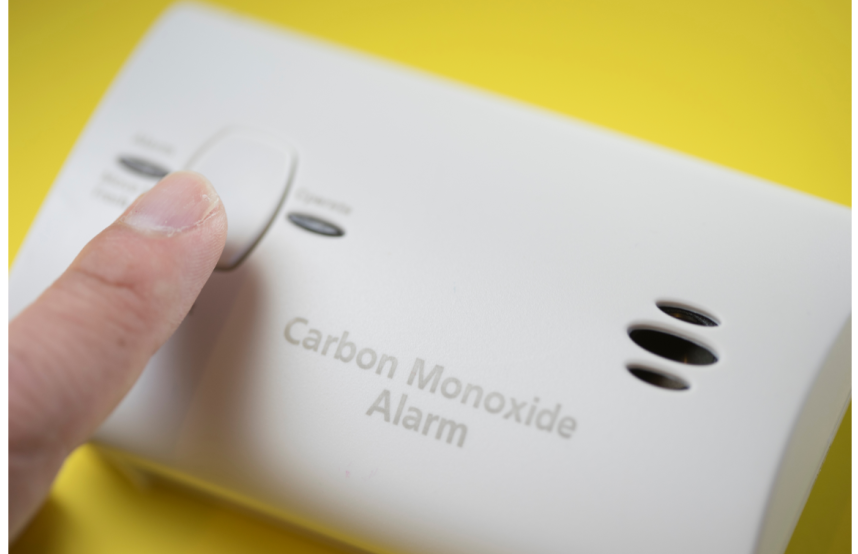
Choose something that resonates with you, whether it be a simple smoke detector upgrade or a fully equipped fire safety kit. Being well-equipped is your first line of defense in fire prevention. In the following section, we’ll build on these preventative strategies and delve into what actions you should take in the unfortunate event that a fire starts in your RV.
Emergency Readiness: What to Do If a Fire Starts in Your RV
I’m going to be frank: no matter how well you prepare, fire in an RV can still happen. That’s why knowing exactly what to do is crucial to your safety. You’re going to find out about the immediate actions that could save your life.
Firstly, if a fire starts, assess the situation quickly. If the fire is small and manageable, use your fire extinguisher — aim at the base of the flames and sweep side to side. Don’t forget, your safety comes first. If the fire is spreading rapidly, prioritize getting yourself and others out safely.
You may be wondering how to use a fire extinguisher effectively in such a cramped space. Here’s the deal: stay calm and remove the pin, hold the extinguisher upright, and discharge it while standing a safe distance away to avoid the flames or smoke engulfing you.
It’s also about knowing when to evacuate. If you can’t put out the fire in a few seconds, it’s time to leave. Have an escape route pre-planned and ensure everyone knows it too. Once you’re at a safe distance, call for emergency help immediately.
Just don’t focus too much on saving the RV or possessions at the expense of personal safety. Material items can be replaced, lives cannot. In the end, your quick thinking and composure can make all the difference when not only parked but also when your traveling down the road in your RV.
